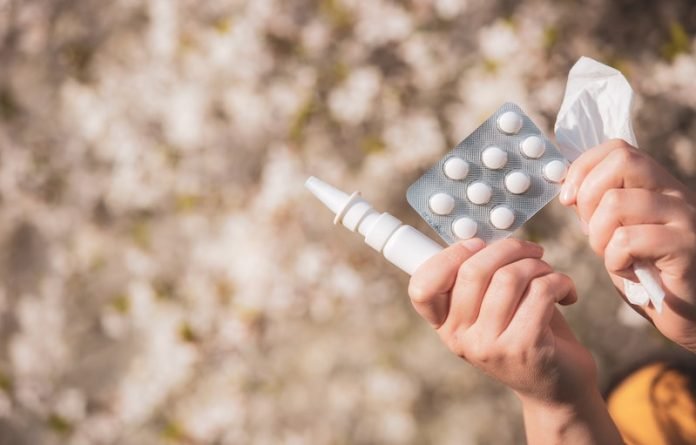
A recent study from the Queen Mary University of London found that the pHOXWELL nasal spray can reduce infection with SARS-CoV-2—the virus that causes COVID-19—by 62%.
It involved 556 participants—275 used pHOXWELL and 281 used a placebo—three times a day.
After 45 days, the researchers measured how many antibodies against COVID-19 each person in both groups had.
They found that the nasal spray was safe and that after 45 days, 13.1% of those in the group that used it had antibodies against the COVID-19 virus, compared to 34.5% in the group that received the placebo.
This shows that using pHOXWELL dramatically reduces the chances of developing COVID-19.
The researchers also found that people who used the nasal spray were less likely to experience symptoms than those given the placebo.
No serious side effects were reported in either group and participants noted that the nasal spray was easy to use.
The team says pHOXWELL presents a significant breakthrough in preventing people from developing COVID-19.
They now have an effective tool, previously missing, to fight this virus, and is designed to offer extra protection against COVID-19, in addition to vaccines, face masks, and washing hands.
The researchers’ aim is to soon begin producing and distributing the treatment in India initially. Following this, they will look to expand into other countries.
The treatment will be especially beneficial in parts of the world where uptake of the vaccine remains low and there is a shortage of personal protective equipment for those who require it.
It comes as COVID-19 infection continues to cause a huge burden on global health and a significant strain on the world economy.
The research was published in the Journal of Clinical Virology and conducted by Professor Rakesh Uppal et al.
If you care about COVID, please read studies about Vitamin D deficiency linked to severe COVID-19, and low-sodium plant-based diets may prevent COVID-19 better.
For more information about COVID, please see recent studies about new evidence on rare blood clots after COVID-19 vaccination, and results showing zinc could help reduce COVID-19 infection risk.
Copyright © 2023 Knowridge Science Report. All rights reserved.



